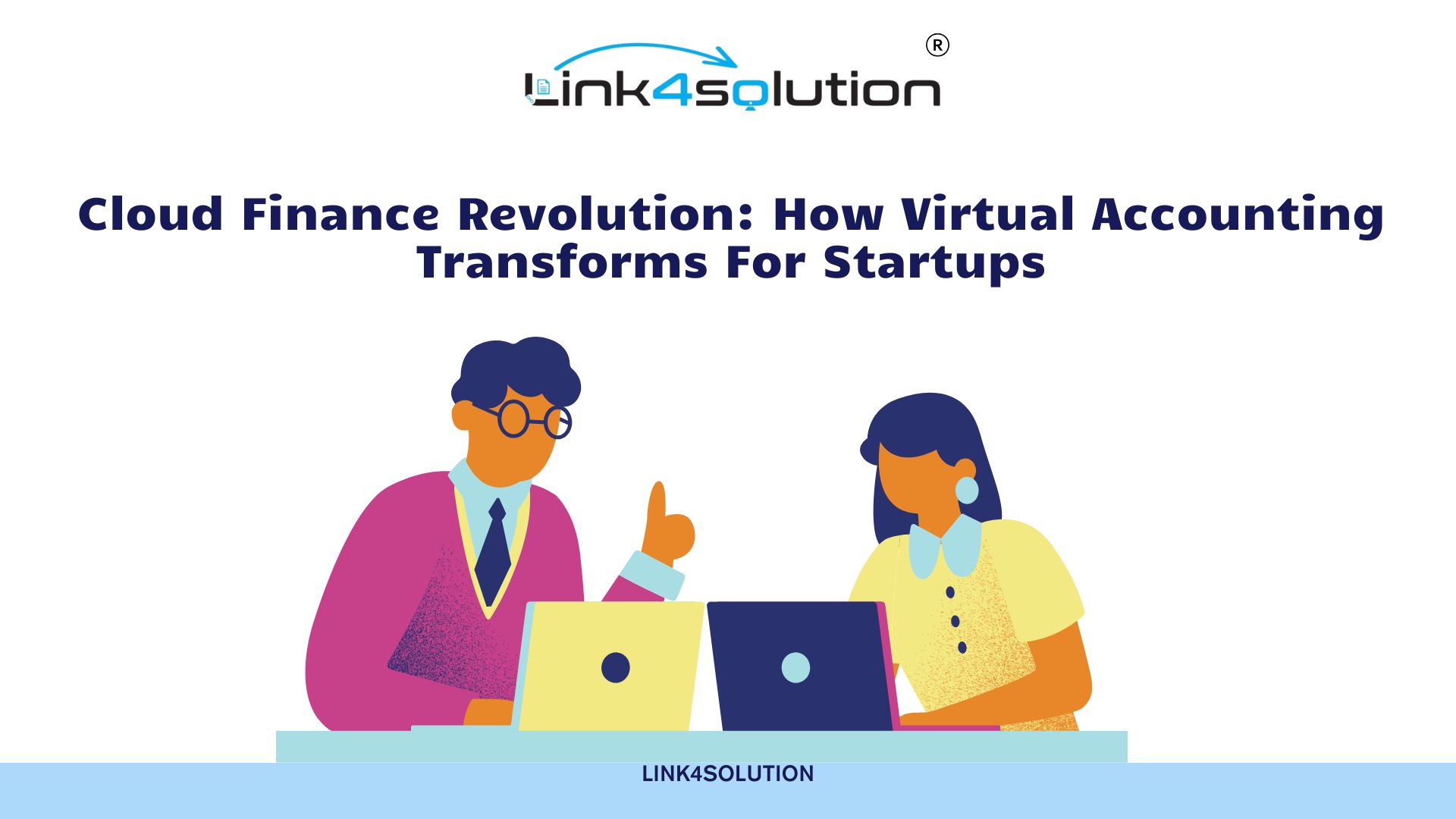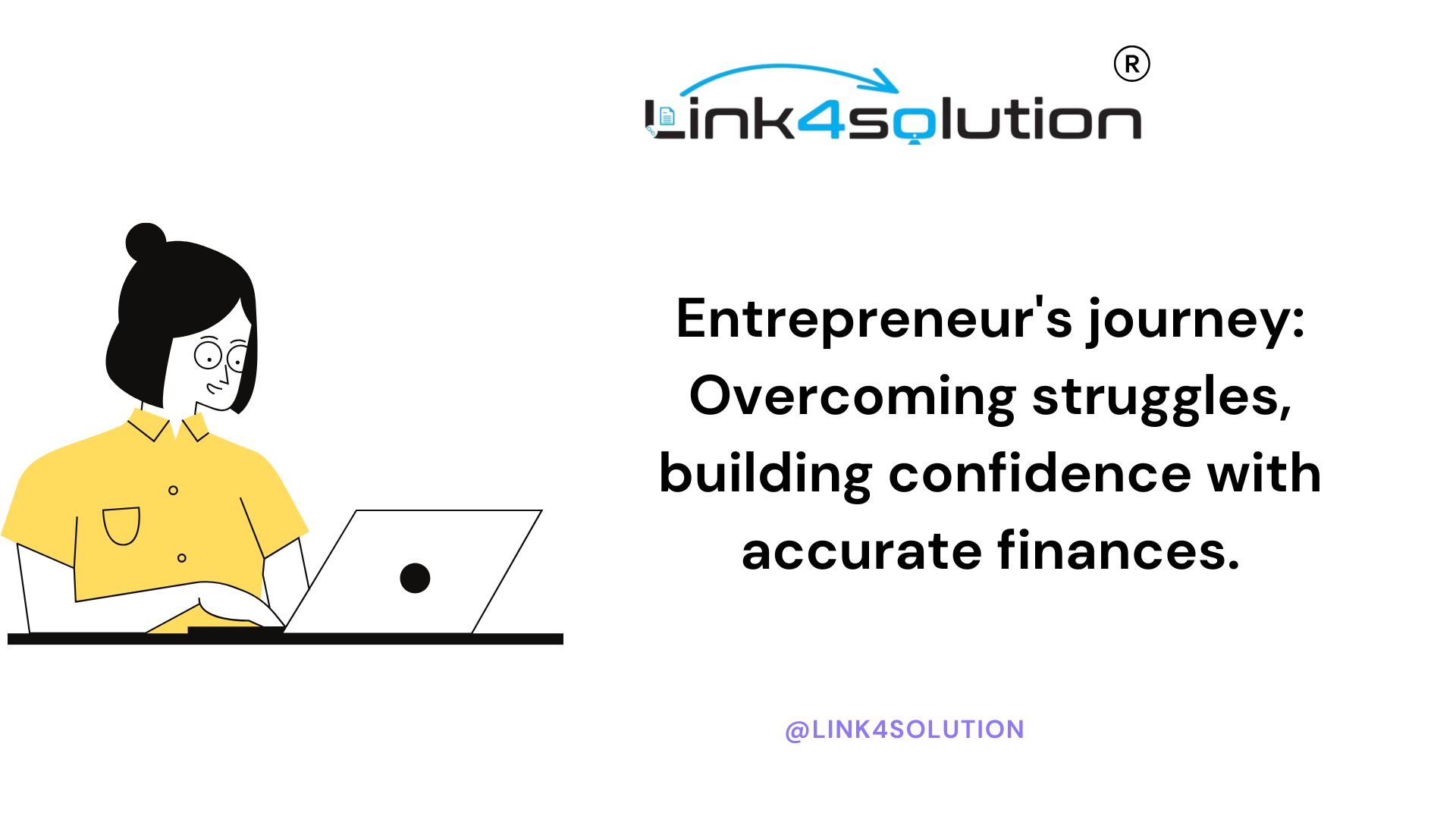Startups operate in a fast-paced environment where every decision can impact growth and sustainability. Managing finances effectively is critical, but traditional accounting practices often fall short of meeting the dynamic needs of these burgeoning businesses. This is where virtual accounting emerges as a game-changer, providing startups with the flexibility and tools needed to manage their finances efficiently and cost-effectively.
Challenges Startups Face in Financial Management
- Limited Resources
Startups often lack the budget to hire full-time financial experts such as a Chartered Accountant, making it challenging to handle complex financial tasks. - Time Constraints
With founders and small teams juggling multiple roles, tasks like bookkeeping, managing account receivable, and monitoring account payable can become overwhelming. - Access to Expertise
Finding a reliable chartered accountant near me or specialists in forensic accounting and financial accounting is not always feasible for startups, especially those operating in remote or underserved locations. - Inconsistent Financial Oversight
Without structured accounting systems, startups risk errors in cash flow tracking, compliance issues, and inaccurate financial reporting. - Inadequate Tools
Traditional accounting packages may not align with the fast-changing needs of a startup without expert service providers, leading to inefficiencies and outdated practices.
How Virtual Accounting Addresses These Challenges
- Cost-Effective Solutions
Virtual accounting eliminates the need for a full-time, in-house accountant, offering startups access to professional services at a low cost. - Scalability and Flexibility
Whether it’s managing bookkeeping for a small operation or handling complex financial accounting as the business grows, virtual accounting scales effortlessly with the startup’s needs. - Real-Time Financial Tracking
With cloud-based systems, virtual accounting provides real-time access to financial data, ensuring startups can make informed decisions on the go. - Expert Access from Anywhere
Startups gain access to a wide range of professionals, from certified management accountants to specialists in forensic accounting, regardless of their location. - Streamlined Processes
Virtual accounting automates repetitive tasks such as tracking account payable and account receivable, freeing up valuable time for startups to focus on growth.
Why Virtual Accounting is the Future
- Integration with Advanced Tools
Virtual accounting integrate seamlessly with other business tools, providing a unified platform for managing operations and finances. - Compliance and Accuracy
Working with a virtual CFO ensures compliance with tax regulations and industry standards, reducing the risk of penalties. - Data-Driven Insights
Virtual accounting platforms generate detailed reports and analytics, empowering startups to make data-backed informed financial decisions. - Sustainability and Growth
With streamlined processes and expert guidance, startups can focus on long-term growth rather than fighting with financial issues.
The Way Forward for Startups
Virtual accounting is not just a trend; it’s the future of financial management for startups. It combines affordability, accessibility, and advanced tools to address the unique challenges which startups face, ensuring a strong foundation for success.
If you’re ready to embrace the benefits of virtual accounting, Link4Solutions is here to guide you. From managing bookkeeping to providing tailored accountancy solutions, we empower startups to focus on what they do best—innovating and growing. Contact us today to take your startup’s financial management to the next level!



